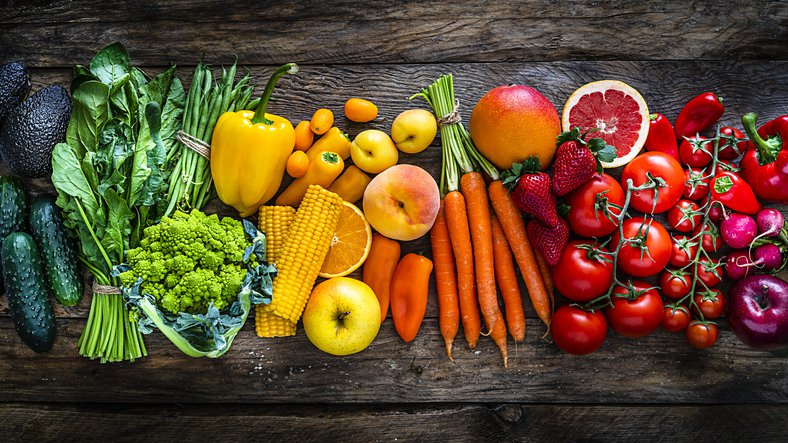Question Your World: How Can We Make Crops More Resilient?
As our environmental conditions change, so must the way we approach certain aspects of life. Agriculture and its annual yield have a lot to do with the weather. As the climate changes, these impacts can be felt by everyone in the region from the farmers themselves to what we're seeing on grocery store shelves. How can we make crops more resilient?
Extreme heat waves, droughts, and the increasingly common heat-drought combination are damaging to plant productivity and crop yields. Ultimately, this could result in a major loss to Virginia’s economy. Virginia’s summertime temperatures have increased and rainfall has decreased over the last few decades when compared with the last 120 years or so. Scientists expect even longer periods of intensified heat extremes in the future, leaving us to wonder…how can we make our agricultural sector resilient to changing environmental conditions?
Virginia State University’s Agricultural Research Station was just awarded a $475,000 grant by the US Department of Agriculture’s Agriculture and Food Research Initiative. This was awarded to VSU researchers to learn more about how to engineer heat tolerance into corn, soybeans, and other crops used for human food, animal feed, and textile production.

Image credit: Getty Images
So how will they do this? The VSU researchers have spent the last few years isolating and studying a specific gene present in Purslane, an annual succulent, which seems to have extremely powerful heat- and drought-resistant abilities. That sounds useful as we experience longer and more intense heat waves. The majority of scientists on Earth agree that as human consumption and human use of energy continues, we will be adding more heat trapping gases to the atmosphere. This will continue to warm up the planet and cause these heat-related issues to continue.
Once they understand more about how this gene works with other partner proteins and how it increases heat and drought tolerance in this succulent, they can then evaluate it as a potential candidate to increase heat tolerance in crops fortified with its abilities. As environmental conditions change, researchers and farmers will have to keep an open dialogue and exchange ideas to prevent major crop yield issues. Luckily when it comes to preventing crop failures, corn farmers especially are all ears.


